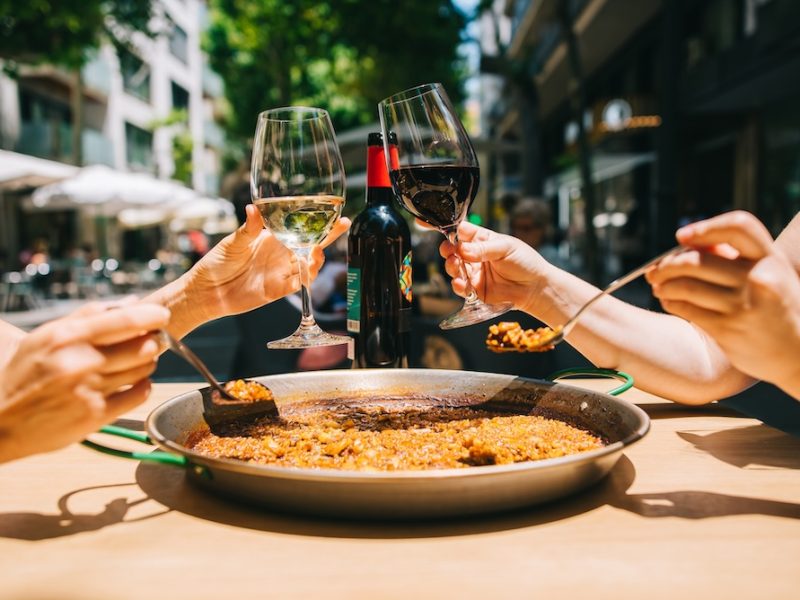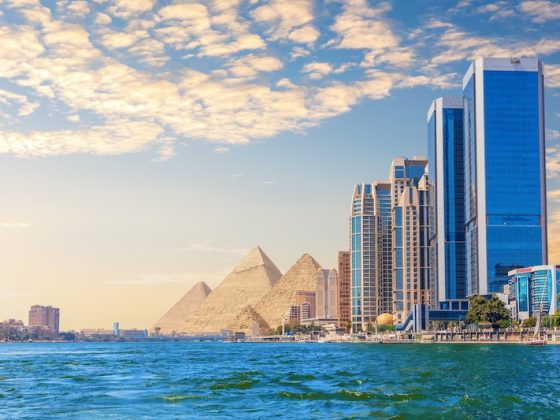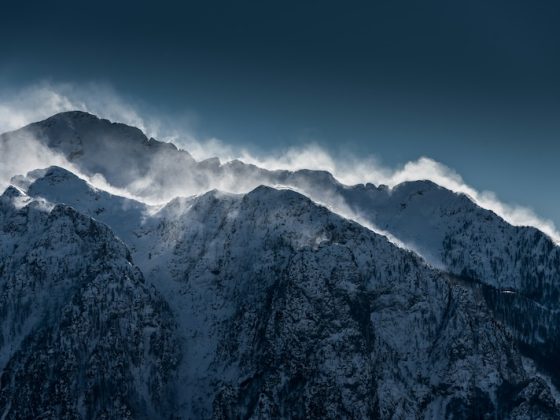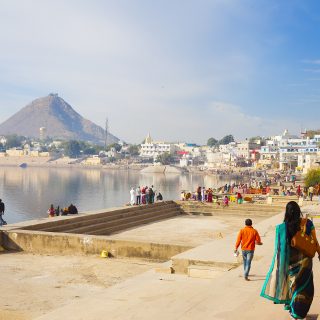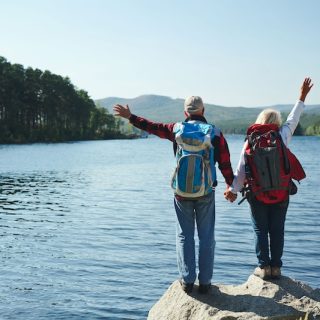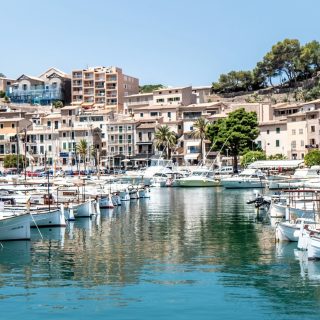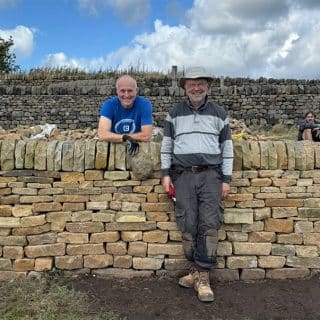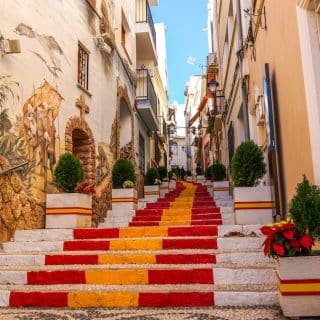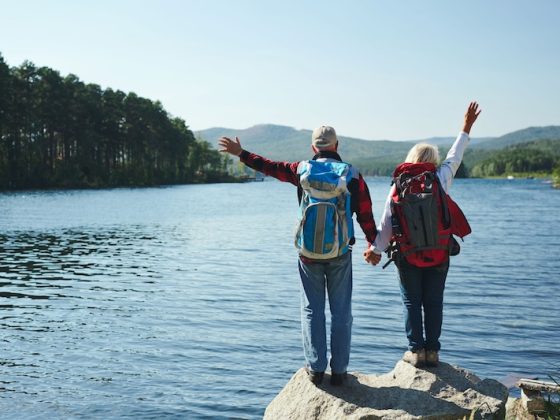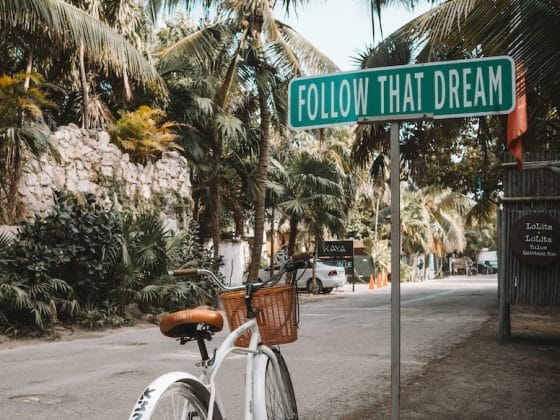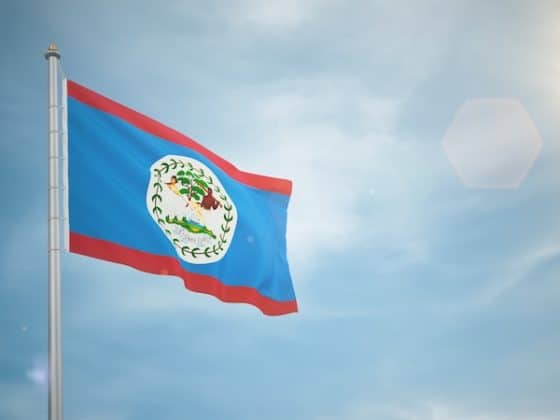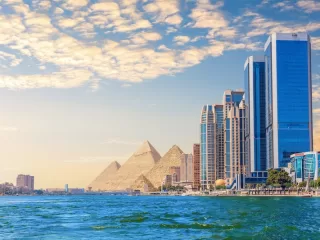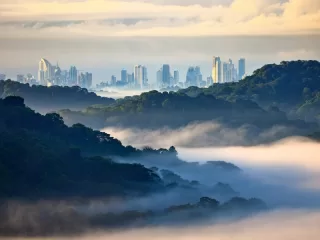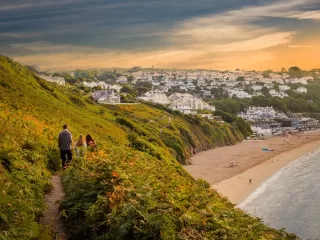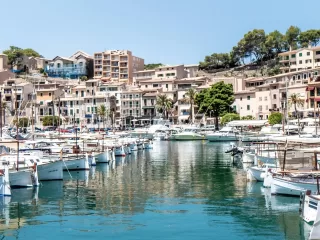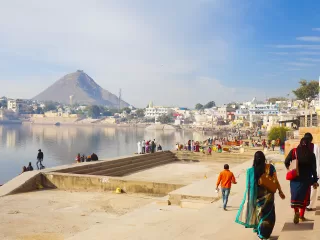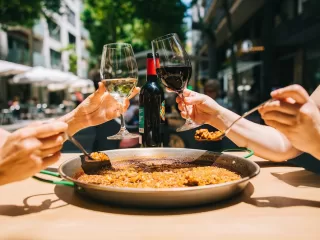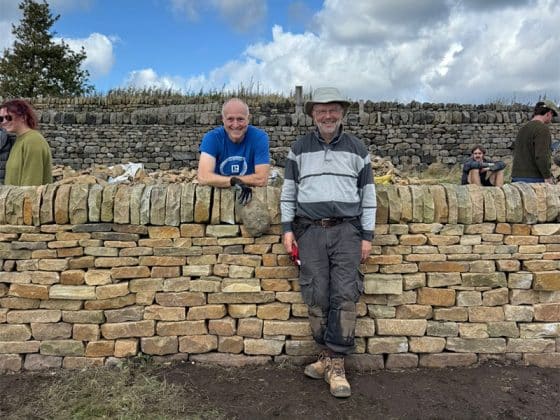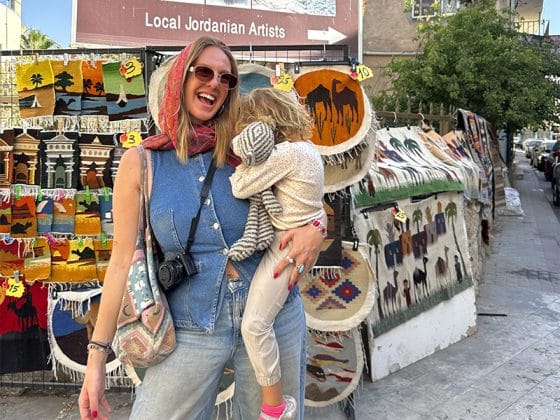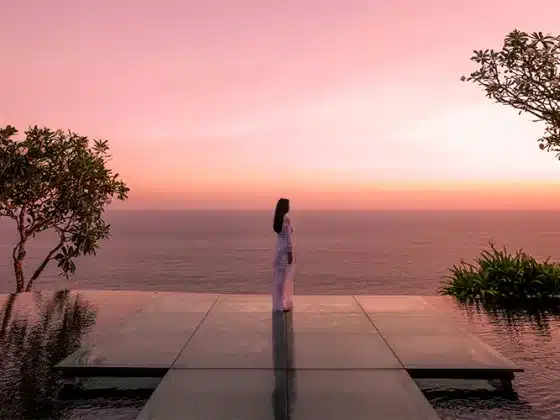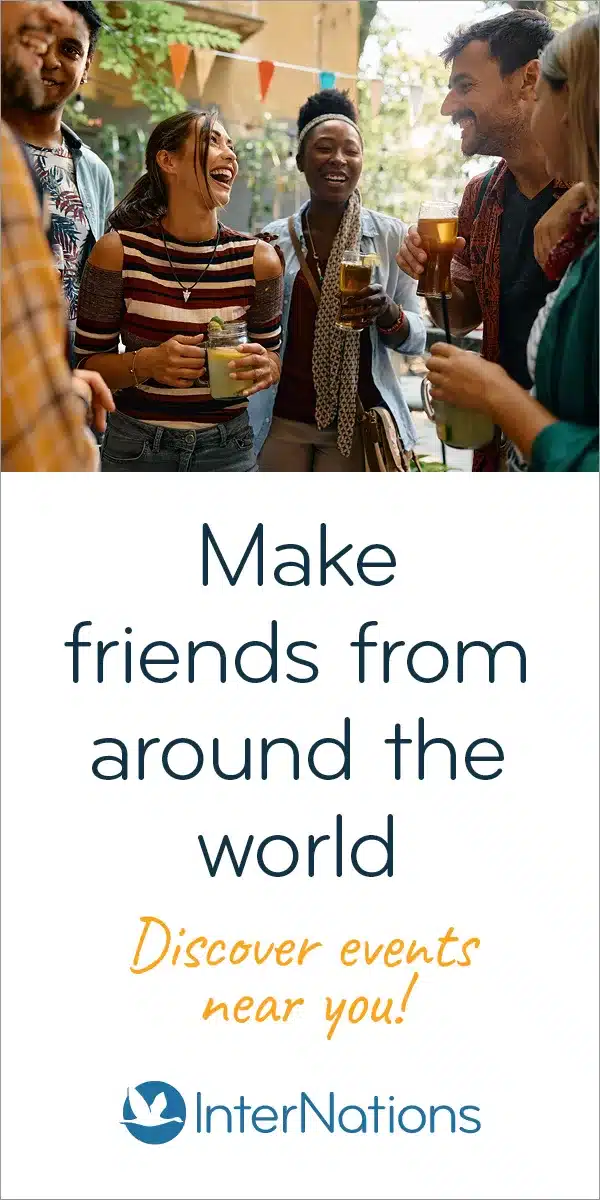Featured Posts
- India
Finding Yourself in India
A search for meaning in the world’s most spiritual land
- Plan B
Retirement Visas and the Confident Path to Long-Term Living Abroad
How to retire abroad with confidence, clarity and a lifestyle that feels right.
- Plan B
Expat Tax Traps: 7 Mistakes That Cost You Thousands
How to protect your money before it disappears across borders
- Spain
Living in Mallorca, Spain’s Star Island
A deep look at life on Mallorca for relocators and long-stay seekers.
- Field Notes
Life on the Edge of England
Cornwall’s story of endurance, identity and quiet defiance
- Interview
The Art of Building Walls
International real estate developer Mike Cobb finds balance through craftsmanship and curiosity
- Spain
Cost of Living in Spain vs USA, and What It Really Means
How everyday expenses stack up between Spain and the United States.
Plan B
All the information you need to make the move overseas
- Plan B
Retirement Visas and the Confident Path to Long-Term Living Abroad
Introduction Retirement visas have opened the door to a new age of global living. They give people the legal right to spend their later years in a country that feels kinder to their savings,…
- Plan B
Expat Tax Traps: 7 Mistakes That Cost You Thousands
The Hidden Price of Going Global Living abroad is supposed to simplify life: more freedom, lower costs, fewer constraints. Yet for many, the true shock comes not from culture or distance but…
- Second Citizenship
Best Countries for Second Residency: The Ultimate Guide!
The Draw of a Second Residency Borders define where we start, but not where we have to stay. A second residency is a permission slip for flexibility. It means having a foothold somewhere…
- Plan B
Belize Is Emerging as a Digital Gateway for Global Investors
As President of Caye International Bank, one of Belize’s leading international financial institutions, I have witnessed firsthand the transformative power of technology within our nation.…
Trending Posts
- Plan B
Expat Tax Traps: 7 Mistakes That Cost You Thousands
How to protect your money before it disappears across borders
- Real Estate
Inside Egypt’s Real Estate Renaissance
How Egypt real estate boom is redefining opportunity across the Middle East
- Panama
Cost of Living in Panama: How Far Your Money Can Take You
Your guide to budgeting, lifestyle, and everyday life in Panama
- Field Notes
Life on the Edge of England
Cornwall’s story of endurance, identity and quiet defiance
- Spain
Living in Mallorca, Spain’s Star Island
A deep look at life on Mallorca for relocators and long-stay seekers.
- India
Finding Yourself in India
A search for meaning in the world’s most spiritual land
- Your Plan B
Escape Artist’s Ultimate Guide to Moving to Europe
A complete, human guide to building a real life across the Atlantic
Interviews
Insightful Q&As with travelers and expats from around the globe
- Interview
The Art of Building Walls
It’s close to 3 a.m. in Virginia, and Mike Cobb is on the road again. In a few hours, he will board a flight to Panama for an international conference, with a side itinerary that feels very…
- Interview
Inside the Life of a Solo Mother Traveling the World
For German native Sarah Noack, motherhood never meant standing still. Three years ago, she set out on a journey that would redefine both travel and parenthood—becoming a solo mother traveling…
- Interview
Inside the World of Luxury Travel with Christina Tan
For Christina Tan, luxury has never been about surface shine. As one of the world’s most respected hospitality influencers and a Leica Ambassador, Christina has carved out a global platform…
